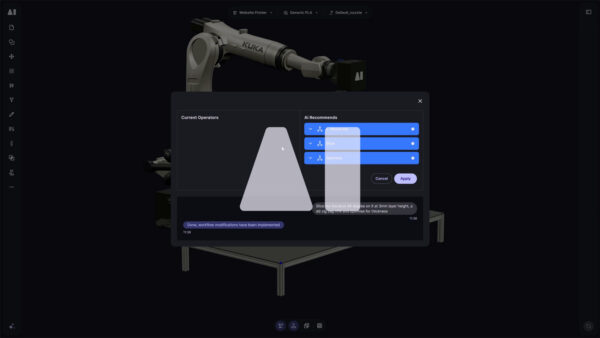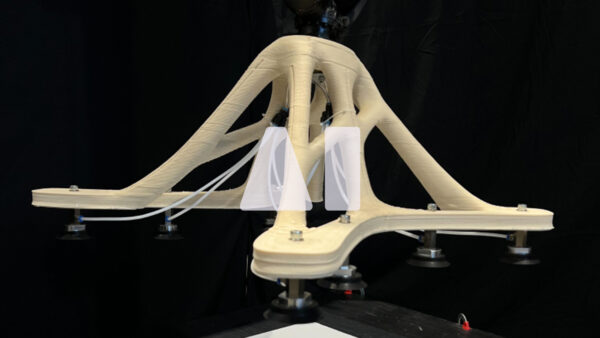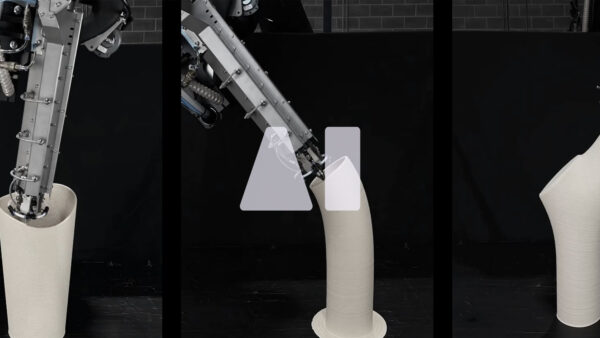In today's fast-paced industrial landscape, the demand for more efficient and sustainable manufacturing processes in tooling is on the rise.
Designers and manufacturers are under increasing pressure to deliver high-quality patterns, prototypes, master models, and other low-temperature tooling applications swiftly and sustainably. Traditional tooling manufacturing methods are proving to be inefficient and resource-intensive, necessitating a paradigm shift towards innovative solutions.















